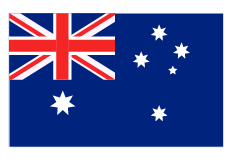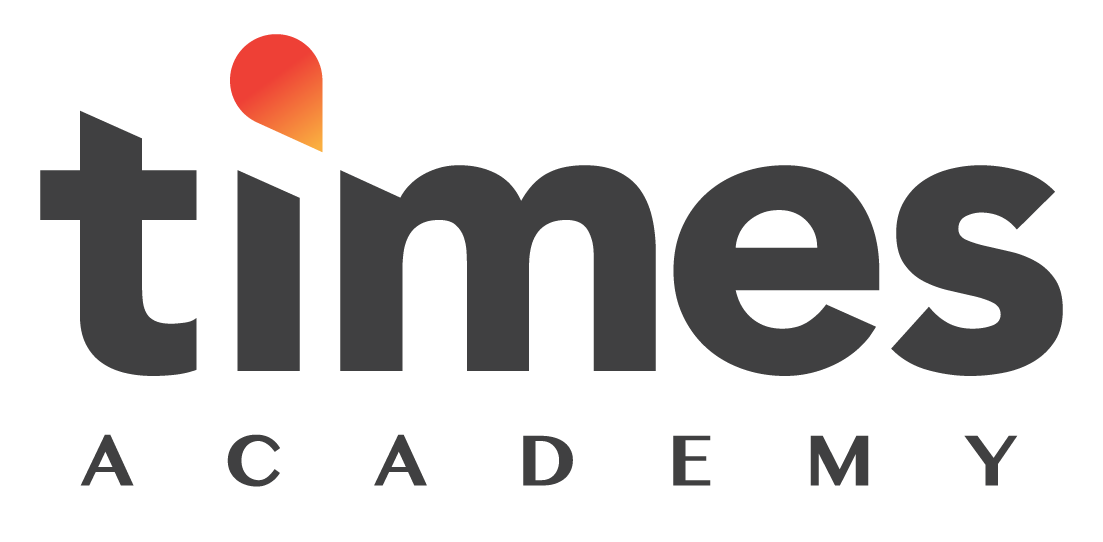Are students allowed to work in Australia? This and other answers you’ll find out here!

The costs that students have to cope with while experiencing life overseas are quite high and can be a source of worry and pressure. For this reason, many people need to work when they come to Australia on a student visa. We have to be honest with you, the money you’ll earn won’t make you rich. However, if you plan your expenses, you can save, pay your bills and invest in entertainment.
First things first, do you know what the legislation says about working rights for people on a student visa?
-
- Since April of 2008, the Australian Government stipulates that if you apply for a student visa, it will be accompanied by a work permit visa. However, you must be at least 18 years old to work in Australia.
- There’s a limit of how many hours you can work. Your study visa allows you to work 40 hours in two weeks and you can organise these hours as you please.
E.g. 10 hours in one week and 30 hours in the next one, or 20 hours each week.
Good news: during your break you can work as much as you want. - To work in legal terms, you must provide to your employers something called Tax File Number (TFN). You can click here to apply for one.
- Once you start working in Australia, you’ll be affected by taxation laws. It means that part of your income will be retained. At the end of each financial year, you’ll be able to get part of this money back.
With this type of visa, you can apply for part-time or casual job positions. Currently, the minimum wage here is $18.93/hour (before tax) and you shouldn’t get paid less than that. Some industries pay more than others and your income will depend on how willing you are to work hard.
The most common industries that international students work in are hospitality, retail and construction. However, there are plenty of options in other industries. It is important to keep in mind that the stronger your English skills are, the easier it will be for you to find a job. So, take your studies seriously, because they will help you to improve your language skills.
Well, now you must be asking yourself where you could get a job, right?!
There are many ways to find one, such as:
Recruitment websites
Seek
Indeed
CareerOne
My Career
Gumtree
In these websites, you can filter the result to match the type of job you’re looking for. To apply you need to send your updated resume. Many companies also require you to send a cover letter introducing yourself and explaining your interest in that vacancy. A good cover letter can be decisive when it comes to choosing the perfect candidate.
After assessing your qualifications, they will contact you to schedule an interview and a trial session.
Friendly advice: Some trial sessions are unpaid and for this reason, some employers can take advantage of the applicants. If the person is requiring you to make more than one shift without paying you for that, there’s a great chance that this trial is unlawful according to Fair Work.
Networking
Another great way to find a job is through your networking. It is really common amongst students to indicate each other in their workplace. For this reason, the more connections you have, the more likely it will be to be indicated by one of your friends. 😉
To keep in mind:
- Organise yourself to come to Australia with enough money to cover your basic expenses. This way you won’t get too worried about taking the first thing people offer you. Analyse the situation and don’t sell yourself too short.
- Remember that you must balance work and study. You are here on a student visa and it requires you to attend school. Any attendance lower than 80% can lead you to visa cancellation.
- If you have a TFN, it means you need to declare your taxes between July 1st and October 31st. Your company should provide you with a payment summary and you will use this document to issue your Tax Return. These taxes are regarding the previous financial year (1st July – 30 June) and some of them will get back to you.
- Don’t forget to respect the working restrictions that your visa gives you.
- If you think your employer is taking any advantage of you, you can refer to the Fair Work website – www.fairwork.gov.au – or call their assistance line 13 13 94. They will help you to solve the problem.
If you need help to write your resume, cover letter or need a hand to practice for a job interview, you can come to our school and chat to Brendan Daly, our Academic Manager.
Are you having trouble to organise your expenses? Download here a spreadsheet that you can customise and work out where your money is going.

